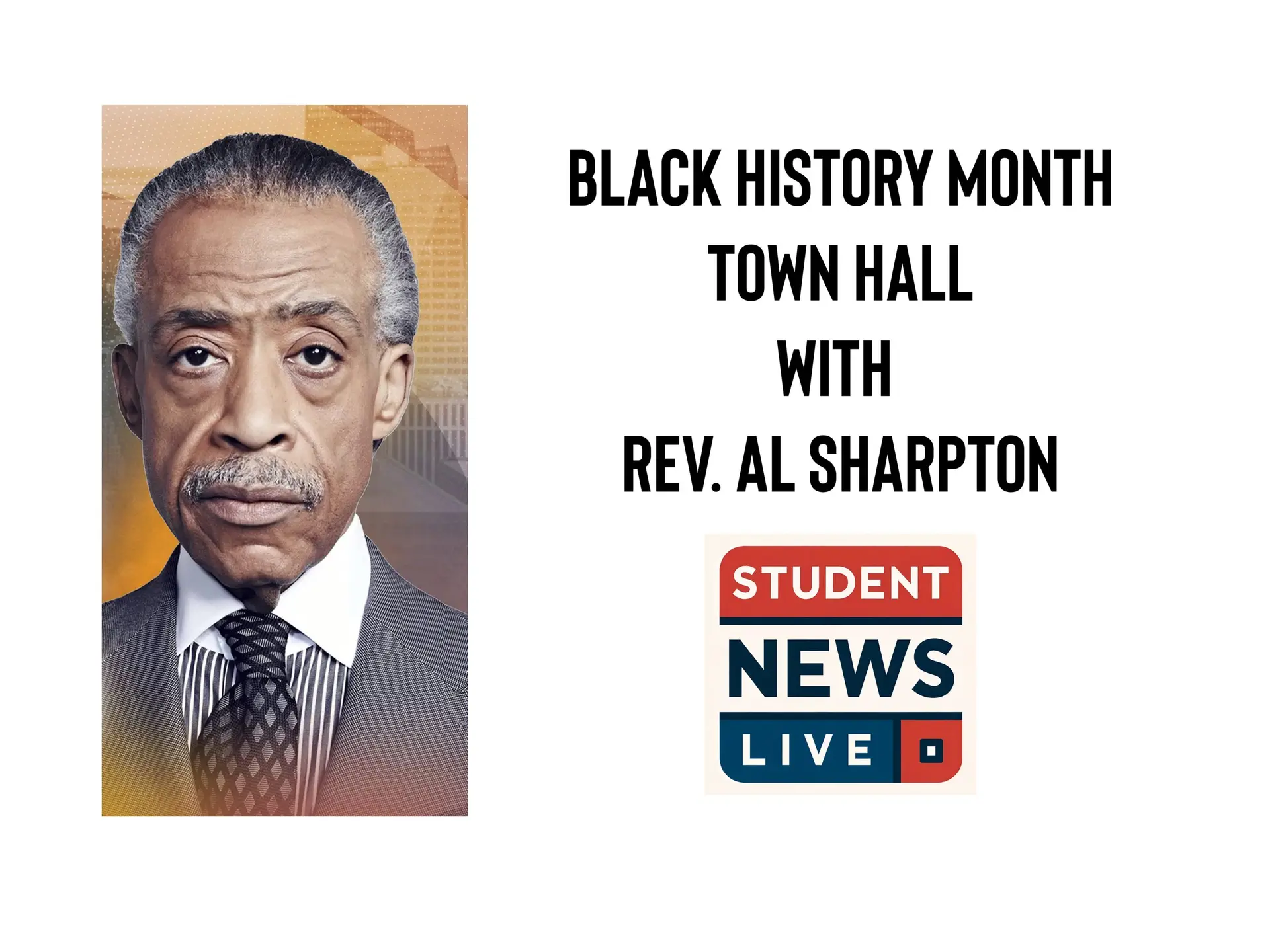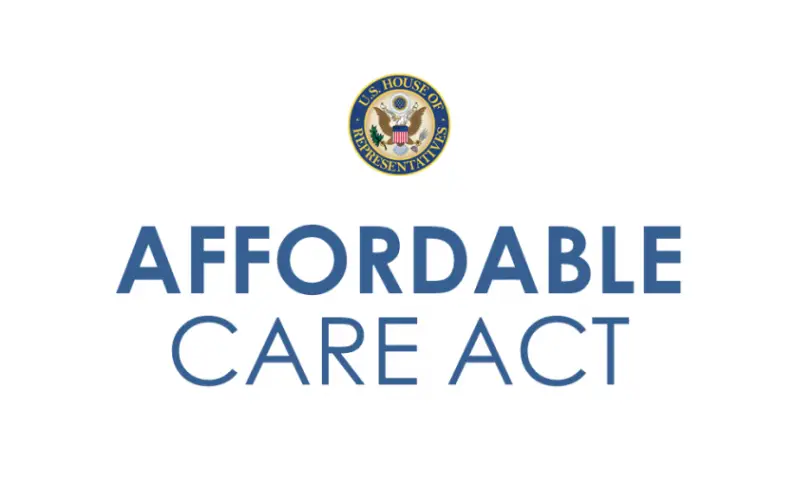Ahead of D.C’s general election, lawsuit challenges noncitizen voting
By Claudia Amendoeira
SPJ New England correspondents for Student News Live
A group of conservative voters, including Stacia Hall and Ralph Chittams, has filed a lawsuit against the District of Columbia, challenging the Local Resident Voting Rights Amendment Act of 2022. The plaintiffs argue that the law, which grants “eligible non-citizen residents” the right to vote in local elections, “dilutes the vote of every U.S. citizen voter in the District” and infringes on their “right to citizen self-government.”
The 2022 amendment to the D.C. Election Code allows certain noncitizens to cast ballots in local races, including elections for mayor, city council, attorney general, state board of education, and advisory neighborhood commissions, as well as on local ballot measures. The lawsuit, filed in the D.C. Superior Court in March, asserts that the law violates due process and equal protection rights and undermines the principle of citizen self-governance.
Hall, the Republican candidate for D.C. mayor in 2022, claims the law directly affects her, arguing that she has “standing to vindicate her interest in running in an election in which there would be an accurate vote count” in the complaint. The D.C. Board of Elections moved to dismiss the complaint, a motion the court granted, noting that plaintiffs had not shown they would be harmed by noncitizen voting since all votes “would be weighed equally with those of noncitizens.”
The right-wing voters filed an appeal to the U.S. Court of Appeals for the District of Columbia, which the DCBOE followed with their own appeal. Both appeals are ongoing.
Besides the presidential ticket, voters will decide on two D.C. Council seats, the D.C. delegate to the U.S House of Representatives, and an amendment asking whether D.C. should adopt a ranked-choice voting system and semi-open primaries. For the first time on November 5th, noncitizen residents are eligible to vote for all issues except the presidential candidate.
Noncitizen voting in the District is a contentious topic: in a resolution that eventually died in the Senate, the House voted to block the bill, with House Speaker Kevin McCarthy claiming that it would “dilute the vote of American citizens and endanger city residents and businesses.” The Washington Post’s editorial board published an opinion calling the legislation “a bad idea.”
Nathan Derenge (R), who is running for Ward 8 D.C. Council seat against Councilman Trayon White, does not believe the act will have an impact in the races, stating that only 83 noncitizen residents were registered to vote according to the voter roll that he received in June. Derenge is concerned, however, with the Board’s capacity to deal with the added logistical demands.
“Considering the number of nonresident citizens that are registered to vote, the act will not be a deciding factor in anybody’s race.” Derenge said, “and while there are important constitutional questions around the decision, what I am worried about is the added complications for a board of elections that makes errors in every election cycle.”
In 2022, The D.C Board of Elections mailed incorrect ballots to 574 voters because of mistakes matching residents to their new electoral districts. Since noncitizen residents cannot vote in the presidential elections and thus need a different ballot, Derenge is concerned a similar oversight might take place in this election cycle.
Noncitizen voting is a topic across other states in this election cycle, as the accusation that non-Americans are illegally voting in the federal elections is waged by GOP politicians to fuel immigration fears and undermine election integrity.
Iowa, Virginia and Alabama are amongst the states sued for their “voter purge programs,” which the League of United Latin American Citizens of Iowa (LULAC) argues “targets recently naturalized citizens for voter challenges, law enforcement investigations and unwanted scrutiny for exercising their right to vote.”
According to the LULAC’s complaint in Iowa, Secretary of State Paul Pate distributed a list of 2,176 registered voters labeled as “suspected noncitizens” to election commissioners based on outdated data from the Iowa Department of Transportation. The Brennan Center for Justice found that noncitizen voting is not affecting state or federal elections.





Post Comment